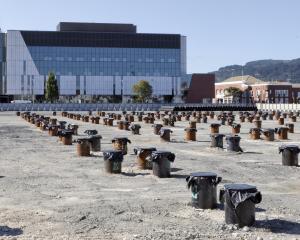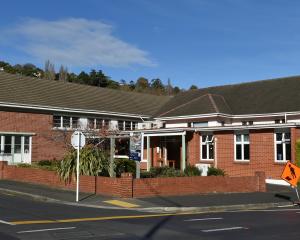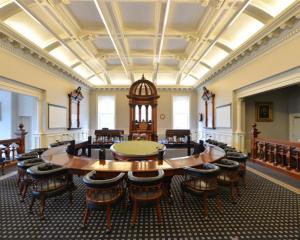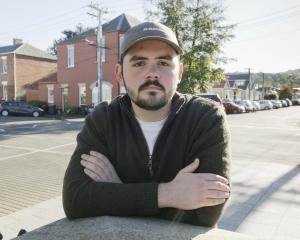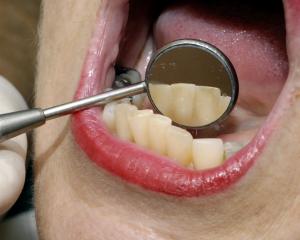But the company is planning extensive planting it says will mitigate the changes, and has hired a landscape architect despite the area not being within a landscape management zone in the Dunedin City Council district plan.
It has also elected to publicly notify the application before being required to by the Dunedin City Council "to ensure all interested parties are given the opportunity to be involved in the process".
The quarry, on the lower slopes of Signal Hill, processes up to 260,000 tonnes of rock each year, most of which is used in the Dunedin area for the roading and building industries.
But at the "top quarry", further up the hill and not visible from the flat, only five years of accessible quality rock is left, and the company wants to progressively extend the quarry to land it owns to the east.
The company has filed a resource consent application to extend into a rural zone, where quarrying is an unrestricted discretionary activity under the Resource Management Act.
Asked if providing the landscape assessment was a response to possible concerns about the loss of the knoll, Blackhead Quarries general manager Tony Hunter said: "Obviously, we've had to approach this from a professional standpoint. We've got to make sure we do things properly; that's our motivation. We're not going in half-heartedly.
"We're trying to have as little impact as we can, but still provide the resource for the city."
Mr Hunter said the lower quarry contained high grade material and would have quite a long life, if it was supplemented by the extension to the upper quarry.
Aggregate was used in the construction of everything from roads to commercial and residential buildings.
Its use equated to about 11 tonnes a person each year.
The notification said the extension would result in the removal of the highly visible knoll, and the company had applied to vary its Otago Regional Council consent to discharge dust.
The application said after five years the eastern boundary would have extended about 60m, and after 40 years it would have extended about 250m.
While it would extend behind a larger number of homes, it would be no closer to any than it was already.
"The knoll will not be affected for a number of years, by which time the proposed and existing plantings will almost entirely screen it from any viewpoint."
Blasting at the quarry would be in a slightly different area, but would not increase.
There would be no increase in staff or traffic.
Submissions for the consent close on August 28, and council resource consents manager Alan Worthington said a hearing was expected probably in October.


